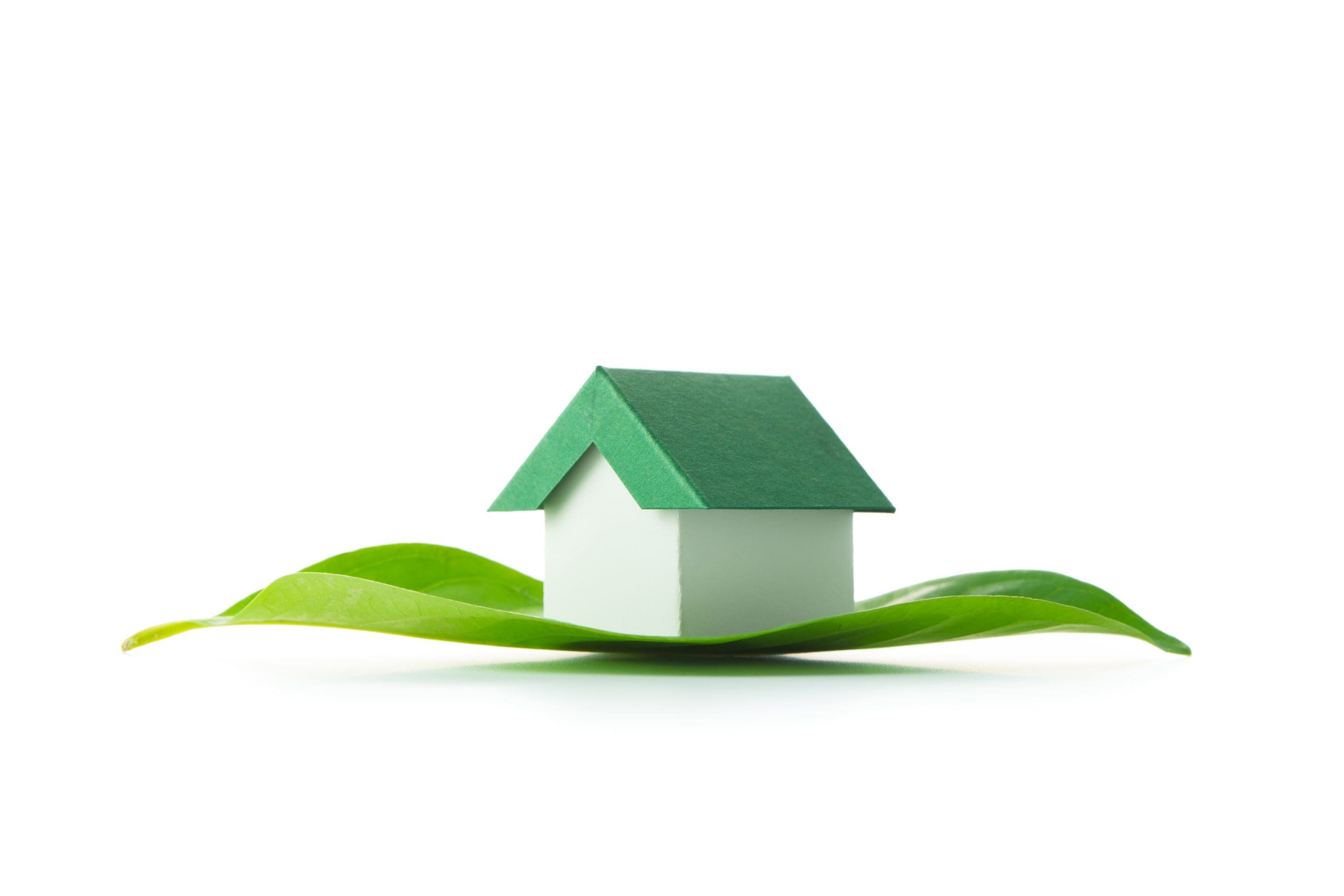As a homeowner, you’re always looking for ways to improve your home. Whether it’s adding new furniture or upgrading appliances, there are endless possibilities. But what if you’re looking for something a little different? Something that will not only improve your home but also help the environment? Here are 7 green improvements for your home that you can feel good about.
1. Consider adding solar panels to your home
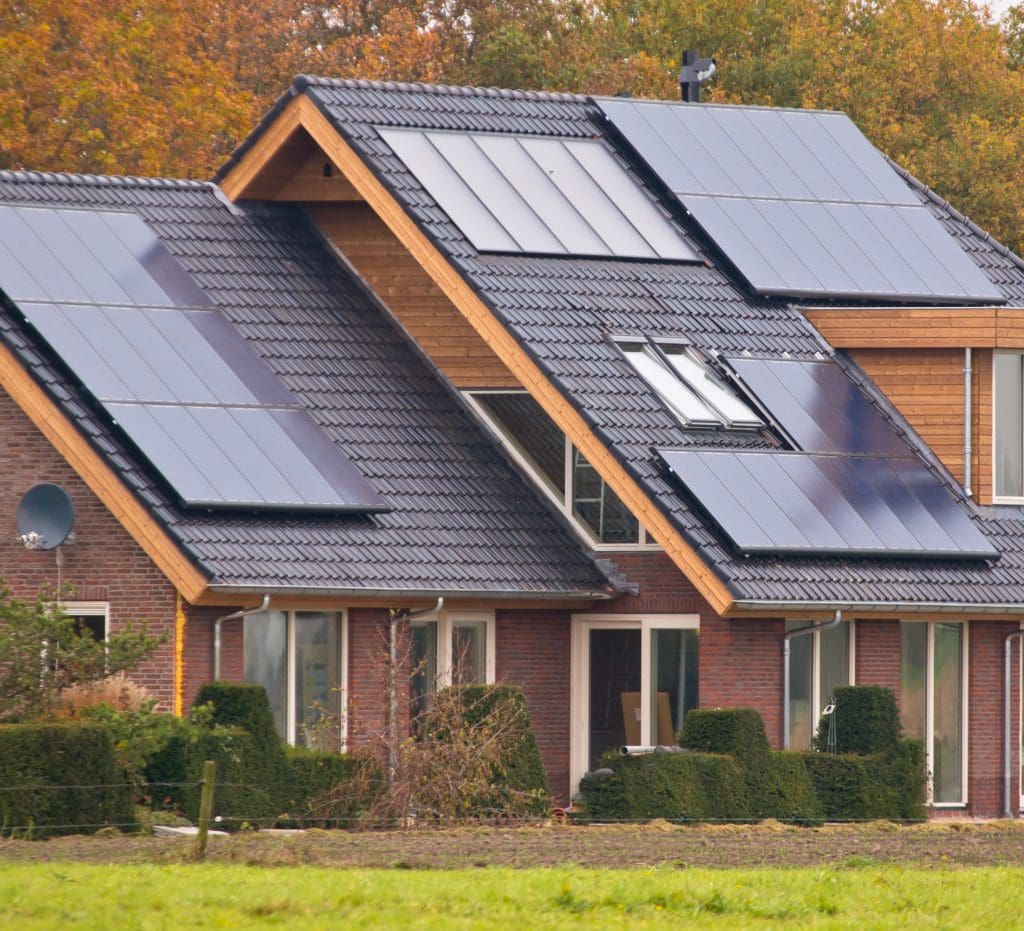
Installing solar panels in your home can be a wise investment, both for your wallet and for the value of your residence. Solar energy harvesting offers many advantages over traditional power sources. Not only do the panels require minimal maintenance, but the zero-emissions electricity they produce can drastically reduce your monthly energy costs while also providing an increased selling value come time to move out. With ever-growing technology and decreased installation costs, now’s a better time than ever to consider implementing solar power into your home.
2. Replace old appliances with Energy Star-certified models
Replacing old appliances with newer Energy Star-certified models can be a great step for both the environment and your wallet. Investing in an energy-efficient appliance means you could save hundreds of dollars in energy bills over time. It will also have a positive impact on the planet by reducing greenhouse gas emissions. While energy-efficient appliances tend to cost a bit more than traditional ones upfront, you’ll save money over the lifespan of the product due to ongoing lower operating costs. With all these benefits combined, replacing old appliances with Energy Star-certified models is an easy decision!
3. Landscape with native plants
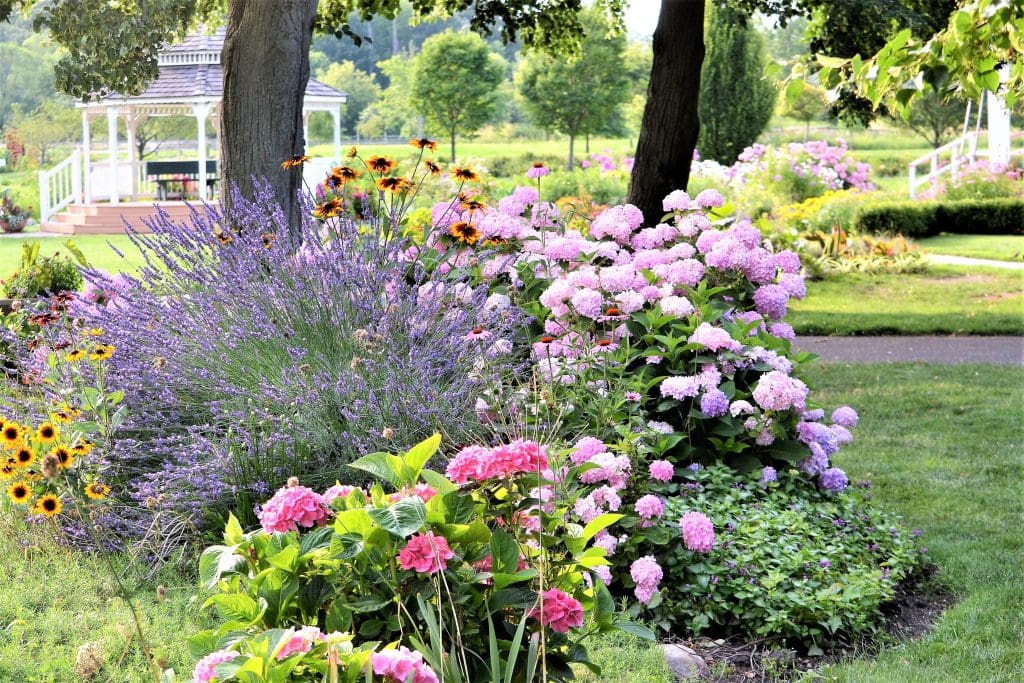
Incorporating native plants into your landscape is an environmentally friendly way to enhance your property’s outward appearance while saving you money in the long run. Native plants are adapted to the local environment and don’t require much effort to survive and thrive, which means less input on your part! What this translates to is lower costs associated with fertilizers, pesticides, and most importantly, water. By using locally sourced native plants you can reduce or eliminate annual irrigation needs, resulting in big savings on your water bill. With careful selection of appropriate native plant species, engaging in landscaping with local flora can be an easy, economical way to upgrade the look of your landscape very quickly.
4. If you are installing new flooring, consider linoleum
Flooring is a vital component of any home, both for visual and practical purposes. With the many options available for use, it can be difficult to decide which material is best for your needs. Linoleum flooring is often an overlooked option, but its durability and cost-effectiveness make it a beneficial choice to consider when installing new flooring. Not only is linoleum highly durable and the least expensive option, but it is a natural product instead of synthetic vinyl. It also tends to work in areas like kitchens and basements that are prone to moisture. Linoleum also adds warmth and character to your home with its unique look. It comes in many beautiful colors and styles, easily integrating into any existing décor.
5. Add a programmable thermostat
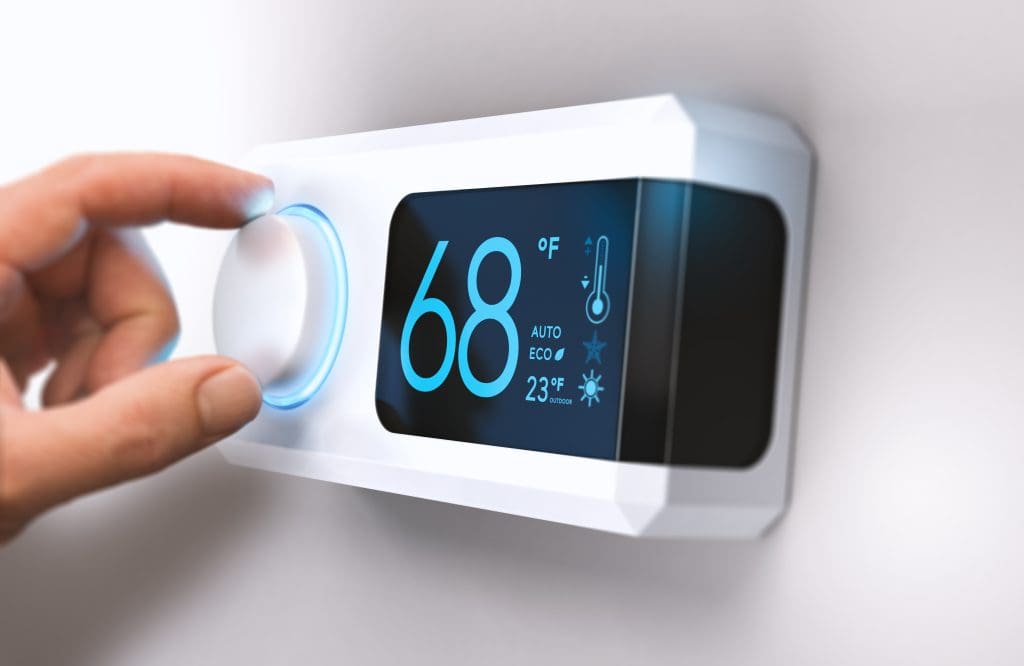
Programmable thermostats are a great way to save energy without compromising on comfort. By adjusting the temperature based on your schedule, you can set the heat or air conditioning to lower temperatures when you’re away than when you are at home, helping to reduce energy usage. Additionally, many programmable thermostats allow for customized temperature settings for each day of the week, so that you always come home to a comfortable atmosphere. Easy-to-use interfaces and virtual assistant compatibility make these devices effortless to manage, while updates and improvements help provide an even better experience over time. By investing in a programmable thermostat today, you can enjoy greater energy savings while also staying comfortable all year long.
6. Use VOC-free paint in your home
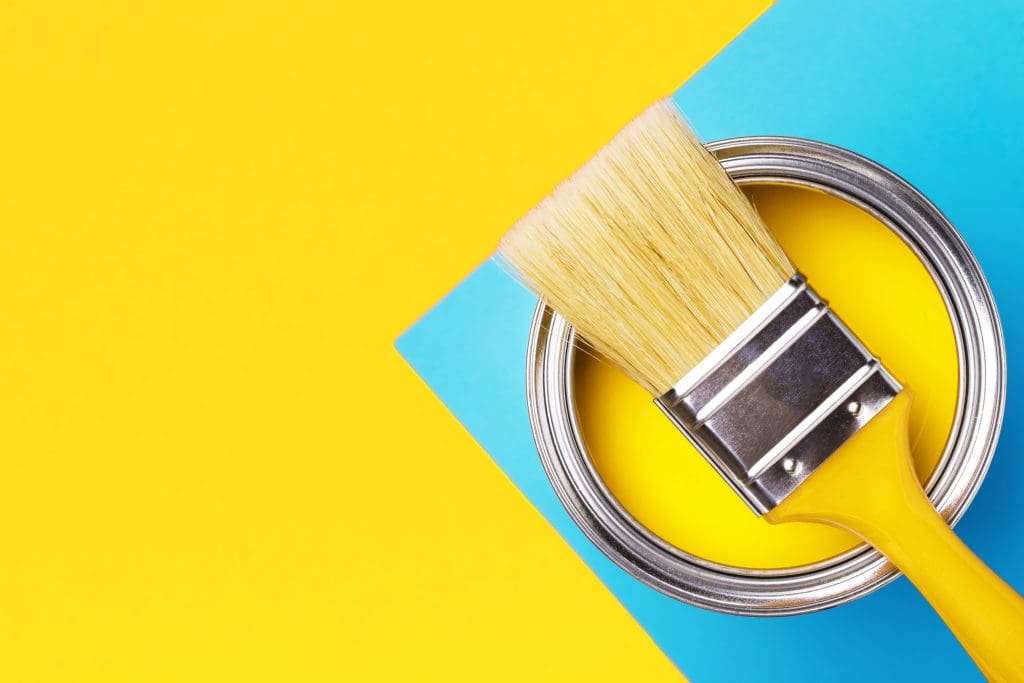
Choosing to use VOC-free paint in your home is a great way to reduce the number of pollutants present in the air and make for a healthier living environment. VOCs (volatile organic compounds) are often released through paint fumes and can cause adverse health problems. VOC-free paints are formulated without any harsh chemical additives and offer a much safer alternative for your space. Not only that, but the colors from these paints are just as vibrant as the traditional selections and will last just as long on your walls. Making the switch to VOC-free paint is an easy way to create healthy living spaces for you and your family.
7. Swap light fixtures and light bulbs with LED
When considering energy efficiency and cost savings, LED lighting is a clear choice. Upgrading from traditional light fixtures and bulbs to LED lighting not only reduces energy consumption but can also reduce utility bills by up to 80%. Furthermore, LEDs are long-lasting; a well-maintained LED can last up to 10 times longer than an incandescent or halogen bulb. Therefore, making the switch to LED lighting can significantly reduce energy costs in the long term, helping homeowners and business owners alike save money by being conscientious about their energy usage.
When you want to make your home greener, there are a lot of different ways to do so. Whether it’s adding new fixtures, flooring, or upgrading appliances, there are endless possibilities. See what green upgrades you can put in your home today!
#greenhome #solarpanels #nativeplants #EnergyStar #programmablethermostat #linoleumflooring #VOCfreepaint #LEDlighting

Richard has extensive experience in all aspects of buying and selling residential property. He has sold more than 400 homes and well over $100 million in residential real estate. There’s no need to guess. Get expert advice that will allow you to buy and sell with confidence and ease.
For neighborhood guides about Decatur and other intown neighborhoods, click here.
To learn more about the value of your home, please complete the form here.
If you are looking to purchase a home, please reach out here. We would love to help you have a wonderful buying experience.
You can always reach us through the Contact Us page here as well.
